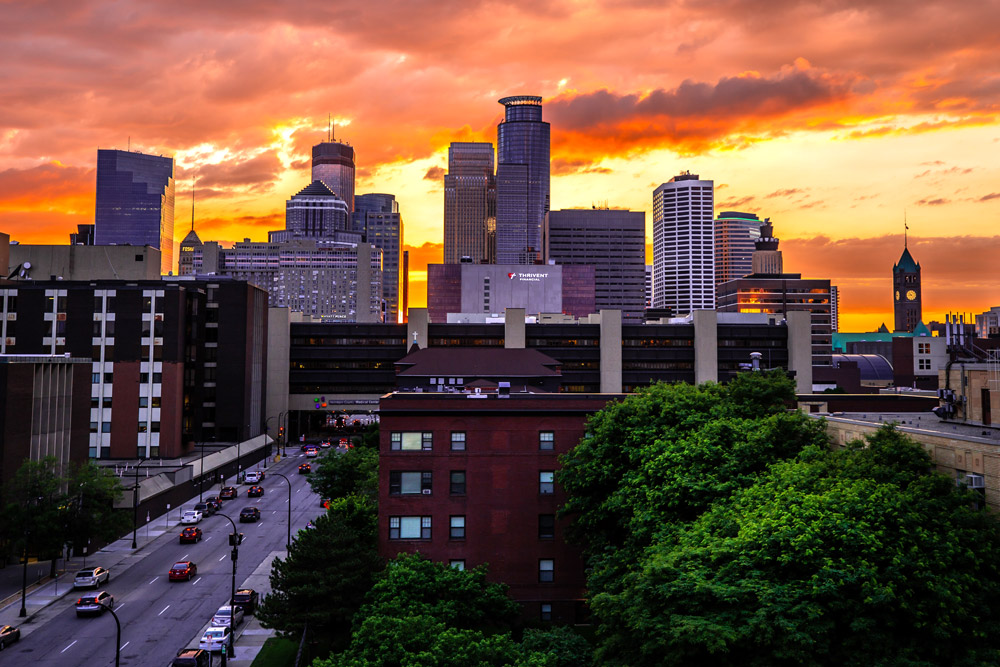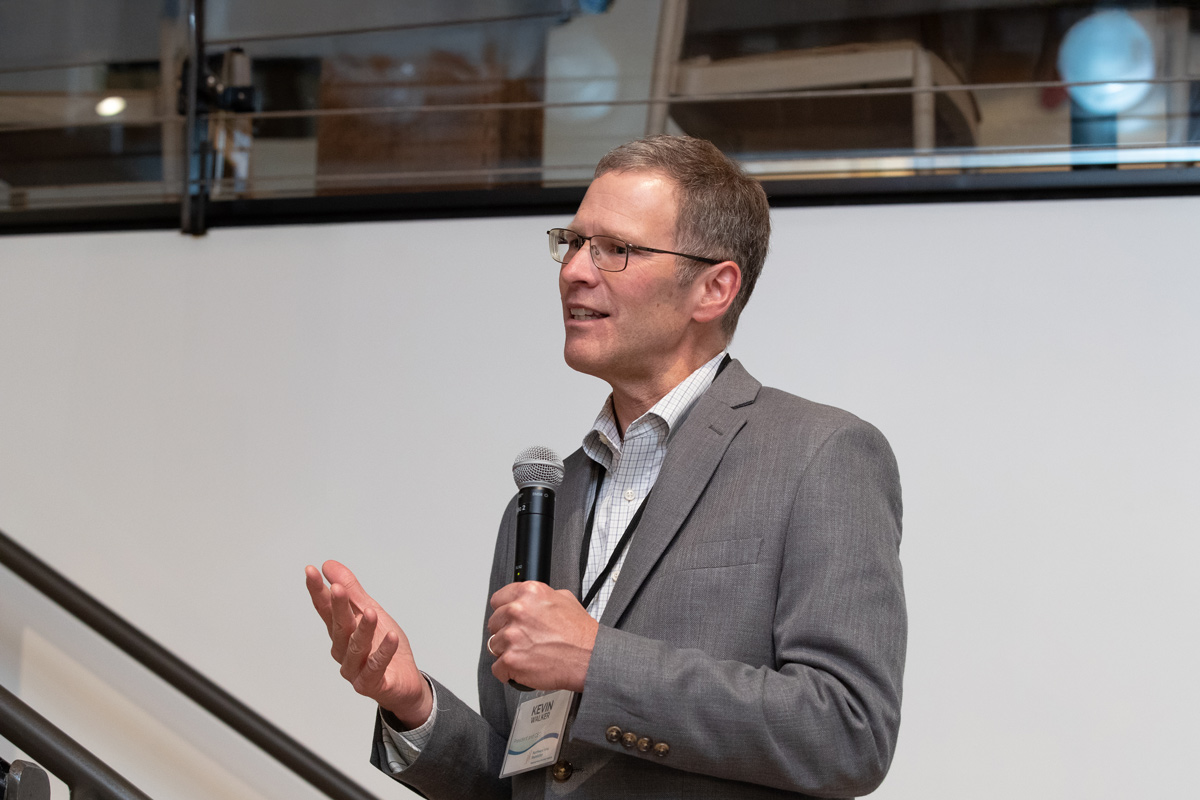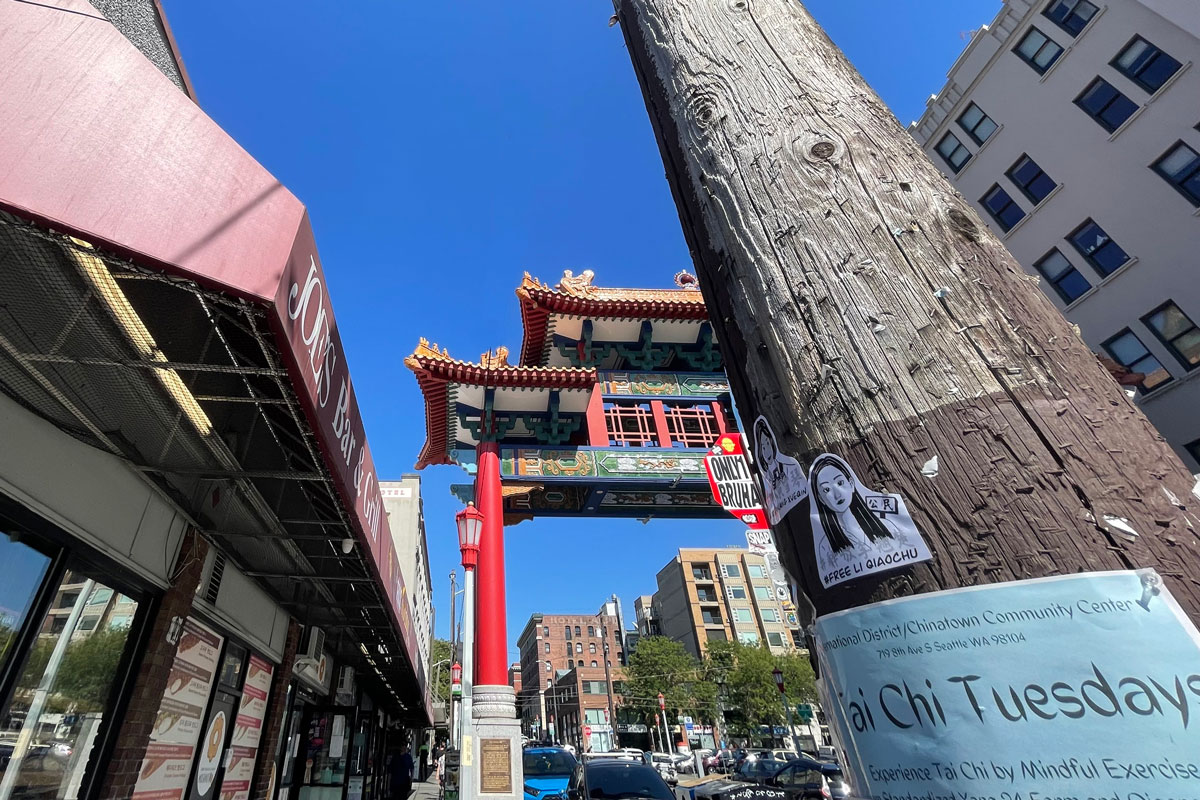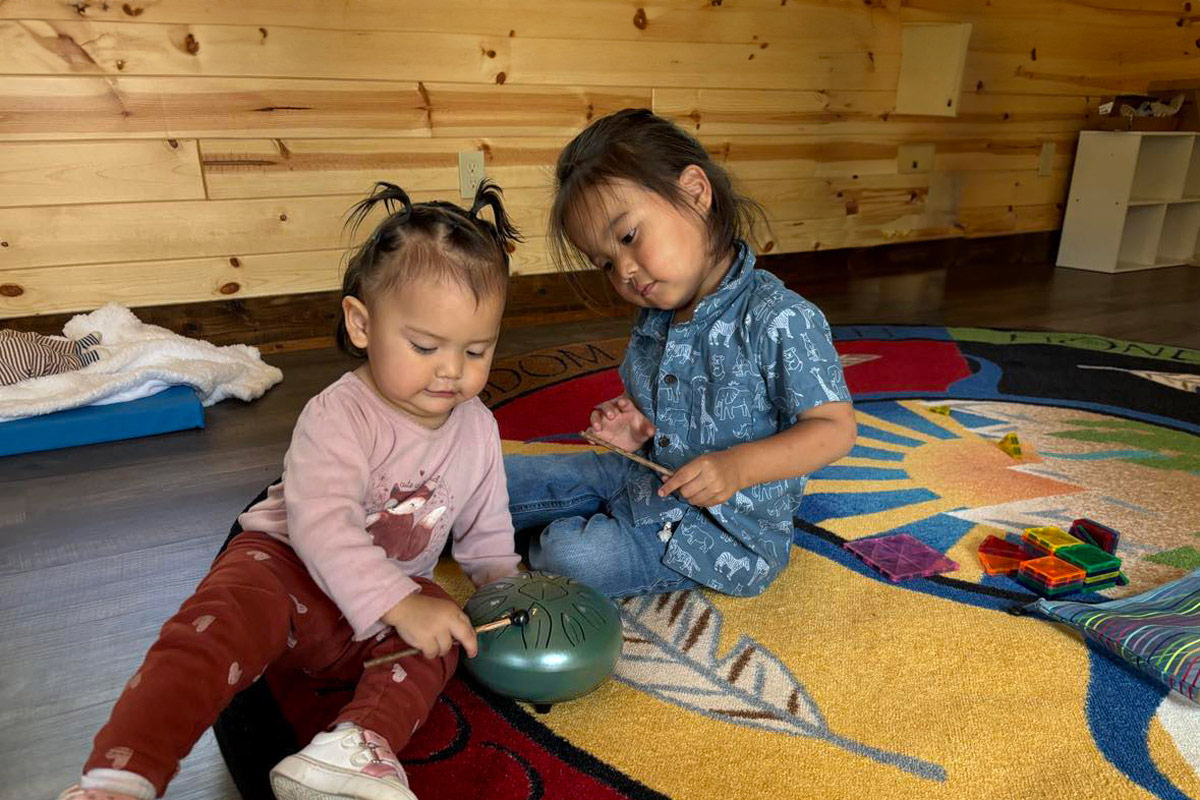Long before the killing of George Floyd. . .
Many of our grantees were already engaging in deep community-led advocacy and other work to advance equity in Black communities in the Twin Cities and elsewhere in our region. We’ve learned from them that the dominant culture and economic system have for too long denied Black communities access to resources, power over decisions that shape their futures, and respect for their cultures and ways of life.
The systemic racism, violence, and exclusion that began in this land centuries ago continues today—resulting in traumas, financial instability, and other barriers that make it harder for Black communities to thrive on their own terms.
Here’s what our Foundation has been doing.
We’ve landed on these conclusions through years of listening and responding to our grantees, which you can see reflected in our strategic approach. We’ve also been engaging in an equity journey through which we’re creating a racial equity lens that will apply to all of our operations.
But this is a historic moment, and a number of our grantees are on the front line and building momentum for change. And, it calls for us to be flexible to emerging needs.
We’ve been in active dialogue with our Black-led grantees since the protests began. The purpose is to listen to and support what grantees need in the aftermath of the George Floyd killing—and amidst the disparate health and economic impacts of COVID-19.
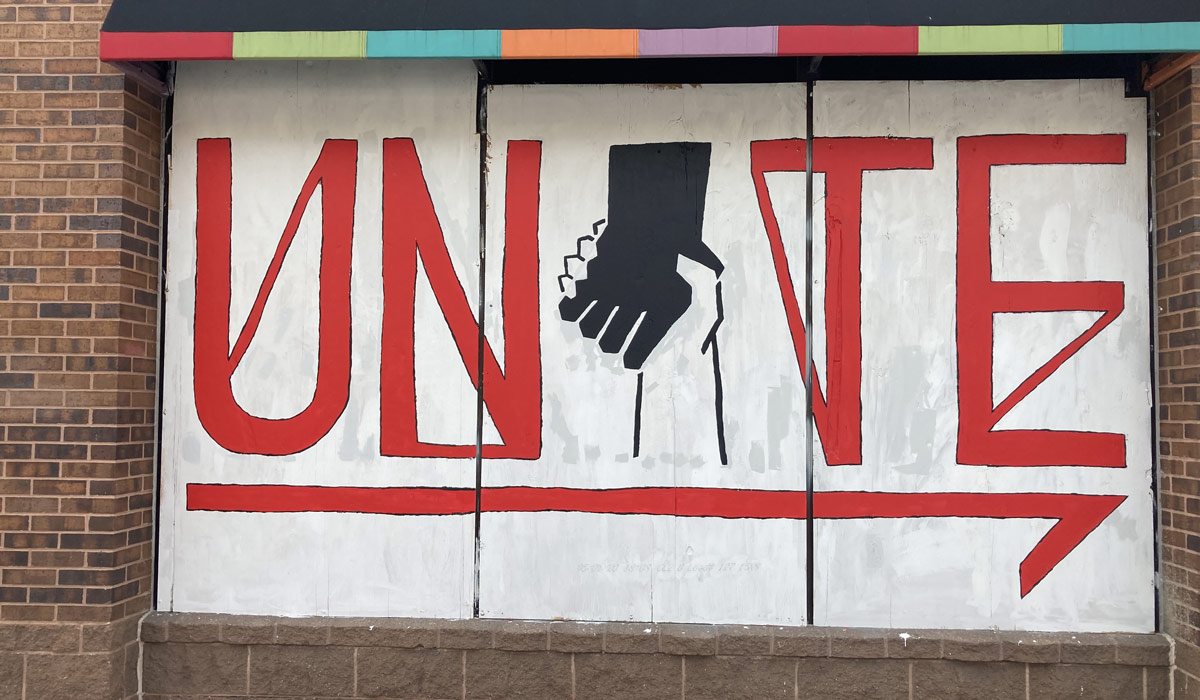 We want to strengthen our commitment in ways that can be of most use to them in this moment. This strengthening could range from amending grants to removing restrictions to speeding up grant renewals to awarding new general operating grants that meet immediate needs.
We want to strengthen our commitment in ways that can be of most use to them in this moment. This strengthening could range from amending grants to removing restrictions to speeding up grant renewals to awarding new general operating grants that meet immediate needs.
We’ve discussed a number of options for what more we can and should do, including what further partnerships would be useful, the ways we might use our voice, and more. But we want grantees to lead the way in determining what’s going to be of most use to them.
However, we don’t want to wait any longer to share their insights and stories. Their voices need to be front and center in leading community-led responses to the long-standing inequities in the Twin Cities, and around the region, at the root of racial injustice.
A pre-pandemic NAACP report showed the depth of Twin Cities racial disparities.
We’d like to start by providing some grounding with an NAACP report (that we helped fund) that documents racial inequality in the Twin Cities.
Marvin Owens, senior director of the NAACP economic department, recently spoke to CNN about how the report captures the systemic reach of the disparities. For instance, the Black unemployment rate is 2.5 times higher than that of Whites, and Blacks are five times more likely to live in poverty.
To quote the report, published in December 2019:
“The numbers cannot adequately represent the devastating impact that the racial disparities have on the African-American community. One only has to look at the faces of the African-Americans living in impoverished neighborhoods, attending failed schools, over represented in a broken criminal justice system, and suffering from covert and overt employment discrimination on a daily basis to see that not everyone is enjoying the prosperity of Minnesota.”
The report goes on to warn about civil and social unrest and to offer concrete plans to overcome the disparities.
We encourage you to read the report to gain deeper insight into the disparities and what’s needed to overcome them.
The report has been vital for media to help frame discussion of inequities in the Twin Cities. It has been referenced in:

